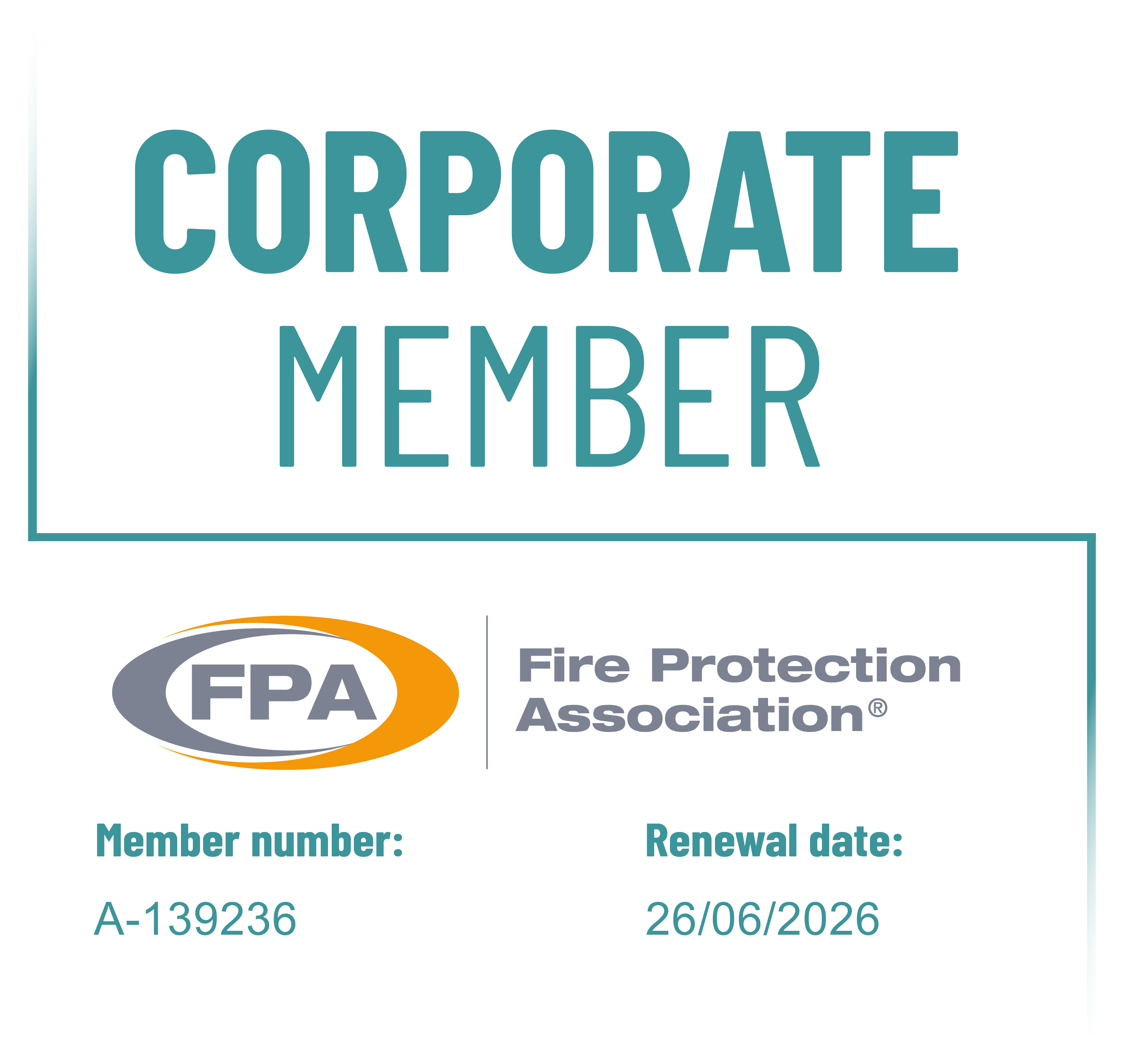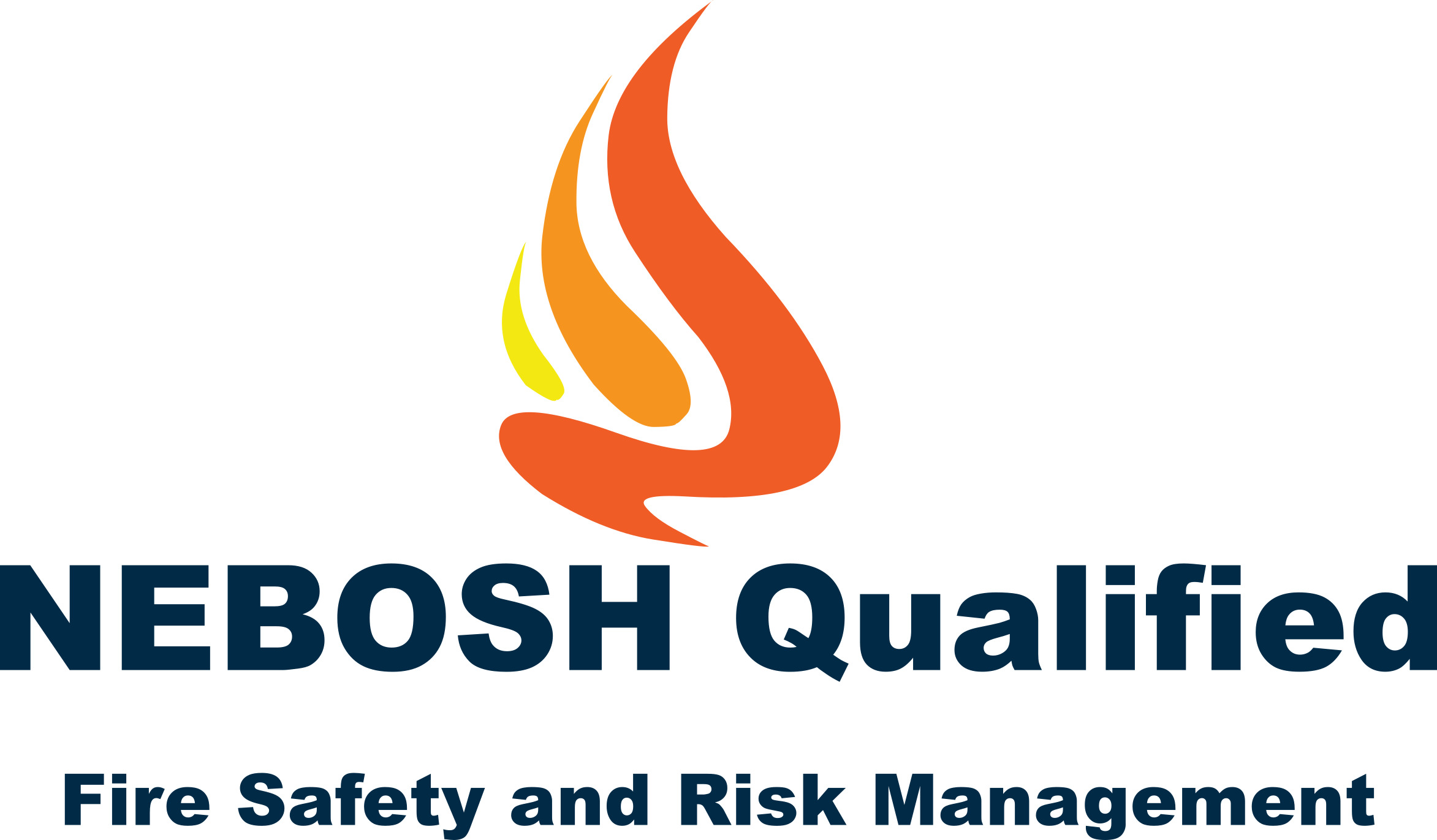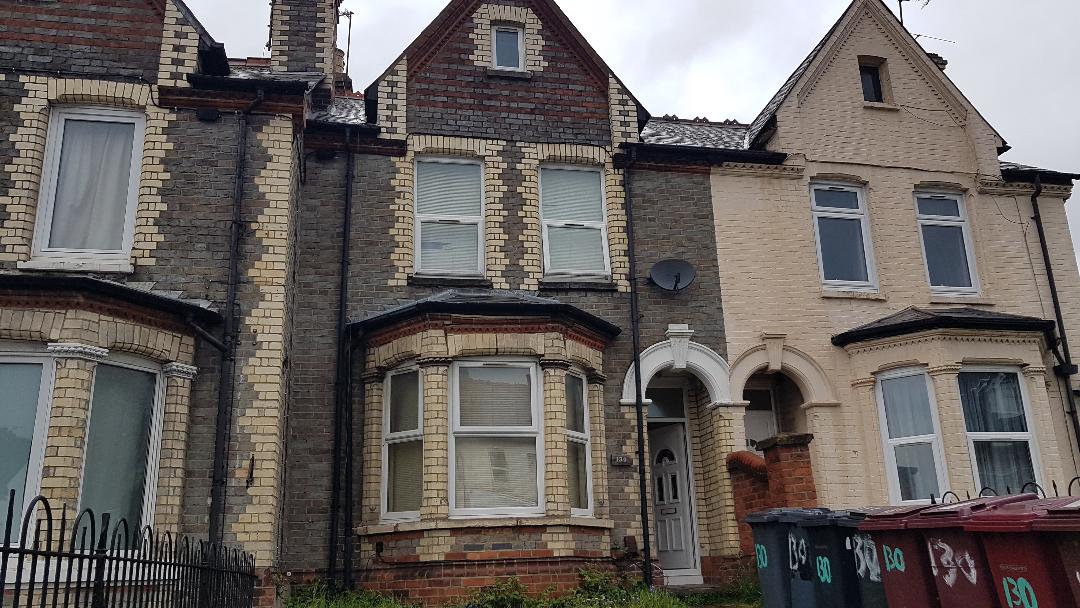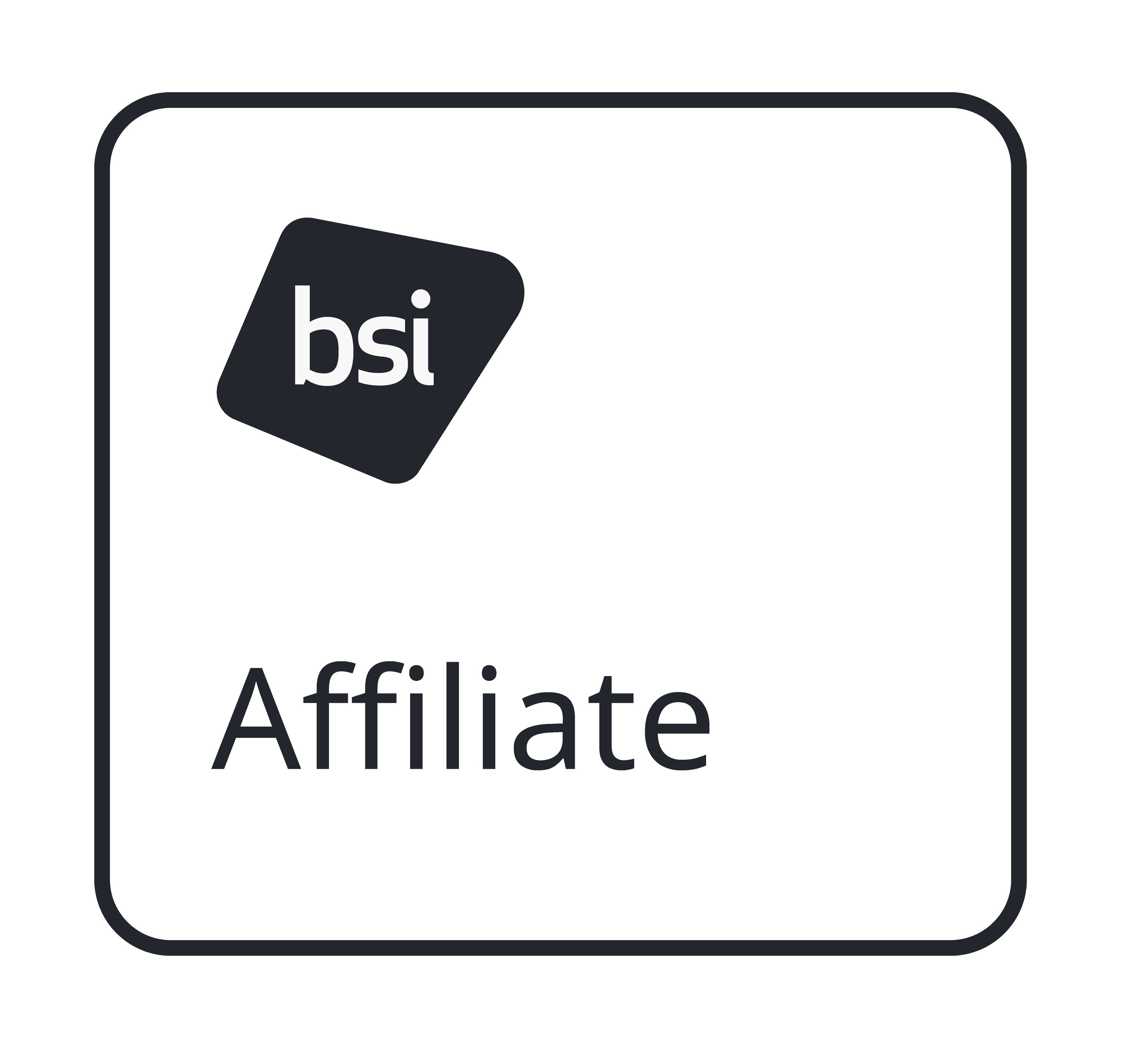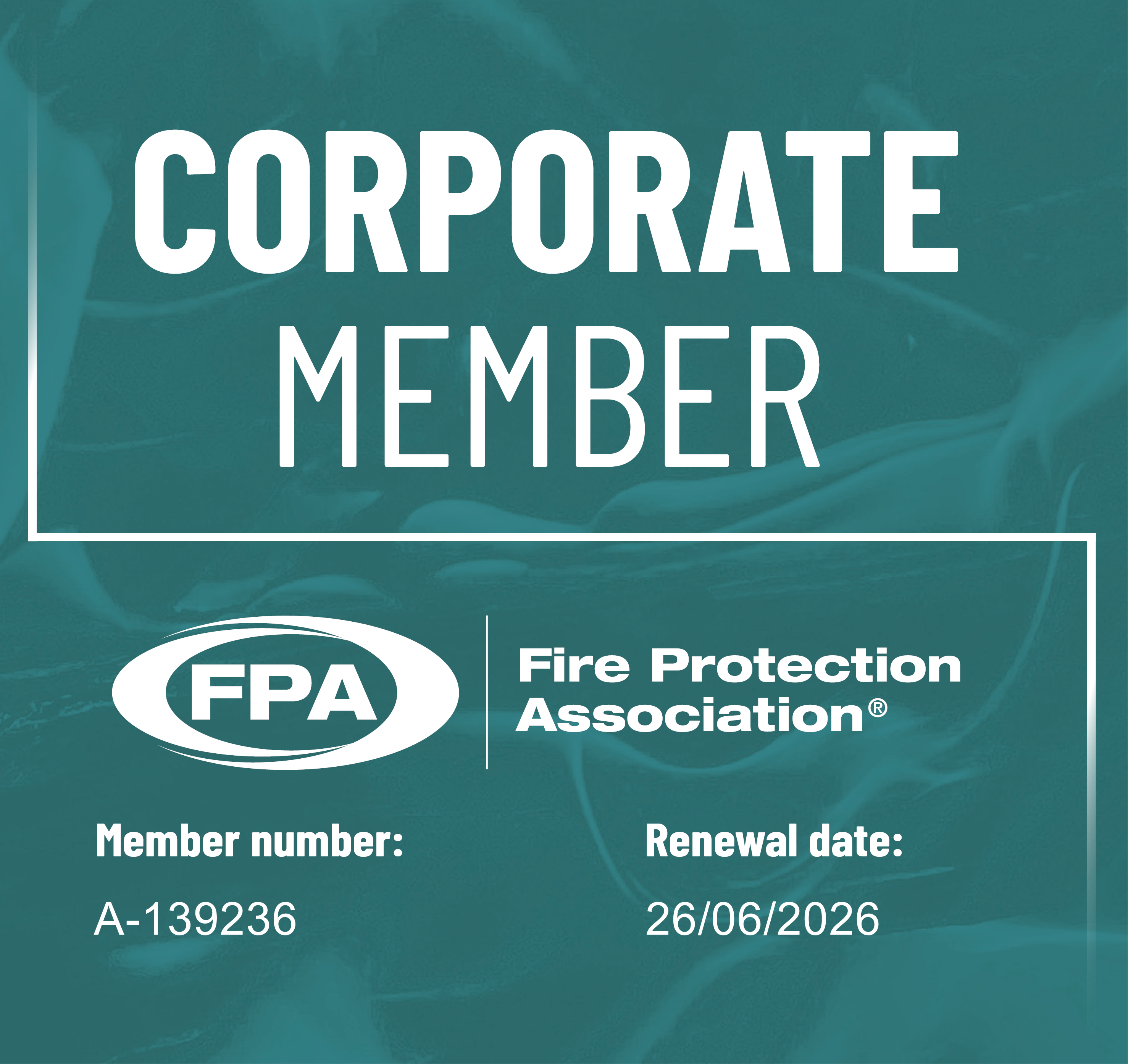
Ensure Compliance with the Fire Regulations
Online Quotation
Located Solihull, Birmingham Area.
Main areas covered include - Coventry, Stoke, Nottingham, Leicester, Stafford, Shrewsbury, Telford, Milton Keynes, Oxford, Luton, Uxbridge, Hemel Hempstead, Banbury. Gloucester, Wolverhampton, Worcester, Northampton, Derby, Hereford
See Genuine Valid Google Customer Reviews Below
Business Fire Insurance

Business Fire insurance is one of the most expensive property insurance claims. A total of £1.3 billion was paid out to customers during 2018 for all fire insurance claims.
The Association of British Insurers, work with the Government and stakeholders to tackle major fire losses and ensure that Building Regulations for Fire Safety are reformed to reduce the risk of major fires in high-risk buildings, improved risk management and public policy initiatives.
The ABI has developed the Buildings Blueprint. This details the 5 key priorities the insurance industry has for reducing risks posed by fire:
*Improve safety for firefighters and residents in high rises by reintroducing stricter rules for tall buildings.
*Reduce the risk to new build properties by guaranteeing the use of materials that don’t burn on the outside of tall buildings.
*Protect refurbished properties by ensuring any changes either maintain or improve the level of fire protection.
*Keep fire-safety rules for buildings up-to-date by regularly reviewing them so they keep pace with construction methods.
*Introduce compulsory sprinklers for new schools, care homes and warehouses over 2000m².
What does Business fire Insurance cover?
Business fire Insurance that covers fire damage will usually pay for repairing, replacing or rebuilding property that’s been damaged by fire.
The exact coverage will depend on the type of insurance. For example, buildings insurance can pay to repair the structure of the property, while stock insurance can pay to replace your stock.
Your insurer may also pay for the cost of refilling or replacing fire extinguishers, and repairing damage that’s been caused by the fire brigade during attempts to fight the fire.
It’s important to check your documents carefully when you buy your insurance so that you’re clear about what is and isn’t covered. There will also be certain conditions that you need to meet to make sure you’re covered. For example, your insurer may stipulate that you keep fire doors closed and have fire extinguishing appliances serviced regularly. If you don’t meet these conditions, they may reject a claim for fire damage.
If your shop or business premises was affected by fire damage, it’s business buildings insurance that could cover the cost of rebuilding or repair.
If you rent your business premises, you’re usually not responsible for insuring the building, but you may want to add tenants’ improvements insurance to your policy to cover changes you’ve made to the property.
To cover things like your business equipment and your furniture in the case of a fire, add business contents insurance to your business policy, and look at stock insurance if you want to protect your stock.
More often than not a business fire insurance policy will cover any loss of profits (although you should never assume this and always check that the level of cover is suitable for your business) but not if they feel those losses were in any way avoidable.
For instance, if you can minimise loss by continuing to trade in a reduced capacity after the event, then your insurers will expect you to do so. It may sound obvious, but you must do everything you can to continue trading, even if that involves moving to a temporary premises, or outsourcing work to a competitor.
Fire damage insurance for tradesmen
As well as buildings insurance and contents insurance if you have a business premises you want to protect, tradesmen may decide to take out contract works insurance to protect work that’s underway on a building site from a disaster like a fire.
There’s also tools insurance if you want to protect your tools from risks including fire damage, and plant and machinery insurance to cover machinery that you own or rent.
When it comes to more complex claims, such as serious fire, which affect the running of a business, it can be beneficial to engage a professional who can handle the process on your behalf.
Fire damage insurance for landlords
Landlord buildings, business fire insurance can cover the cost of rebuilding or restoring your buy-to-let property if it suffers fire damage.
If your freeholder is responsible for insuring the building, you could consider landlord fixtures and fitting insurance instead, which would cover things like a fitted kitchen or bathroom in the event of a fire.
And if you provide your tenants with items like furniture and appliances, you may want to take out landlord contents insurance, which can pay to replace your contents in the event of a fire, flood or another disaster.
However, your tenants’ belongings won’t be covered by your landlord contents insurance, so tell your tenants that they need to take out their own insurance to protect their possessions.
It’s also worth considering loss of rent cover, which can cover your lost rent if your tenants have to move out because of an insured event like a fire.
How to make a business fire insurance claim
Business fire insurance claims can take months, even years to process – time during which your insurer will still expect you to mitigate your losses.
More often than not a business fire insurance policy will cover any loss of profits (although you should never assume this and always check that the level of cover is suitable for your business) but not if they feel those losses were in any way avoidable.
Making an interim claim
Interim payments are payments that are made to you by your insurer, during the course of your claim. You or your loss assessor – should you opt to appoint one – can submit an interim claim to cover any immediate costs such as staff wages, material damage and business interruption. Interim claims can be a lifeline for businesses who do not have the funds available to cover such immediate costs themselves – they exist to keep your head above water until you can continue trading as normal.
Recovering lost profits
Your insurance policy should allow you to claim for business interruption to recover any loss of gross profit, but again it is important that you check with your insurer that the level of business interruption offered, if any, is sufficient for your business.
Unfortunately it is not unusual to find that your indemnity period is insufficient to get your business fully operational. A business interruption indemnity period is the period during which the business’ results are affected by loss or damage, starting at the date of the incident, and ending no later than the maximum indemnity period.
A maximum indemnity period is typically either 12, 18, 24 or 36 months – this how long it would take the business to fully recover following an incident such as a fire , and is something that should be agreed prior to taking out your policy.
The maximum indemnity period will differ for every business, based on how long it would take them to replenish stock, replace machinery & tools, carry out repairs to property etc.
These estimated earnings should not be based on previous turnover alone. It’s important to consider what the business would have achieved had it been unaffected; that big contract you were on the brink of winning, for example – that’s a loss and it should be covered.
Useful Further Information - The Association of British Insurers
